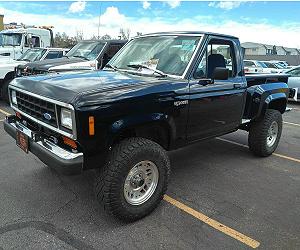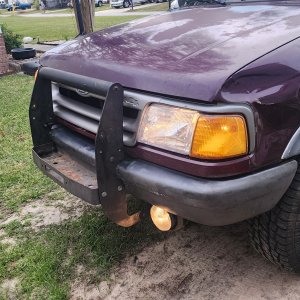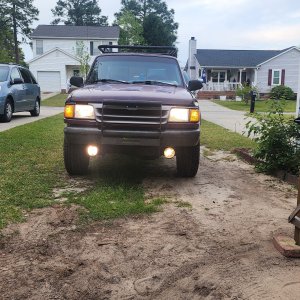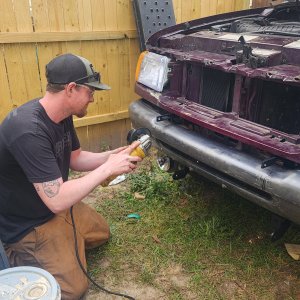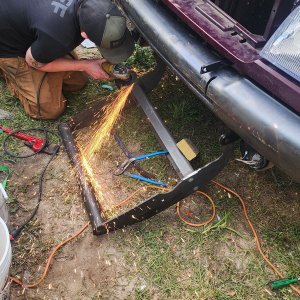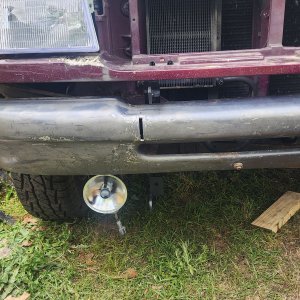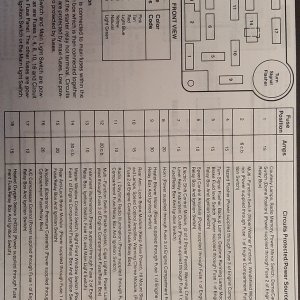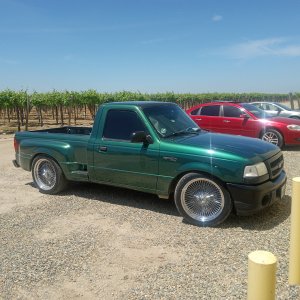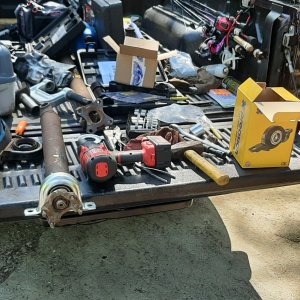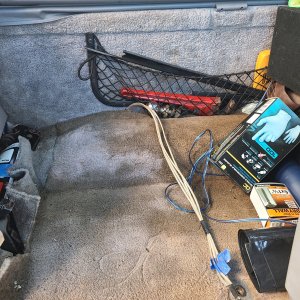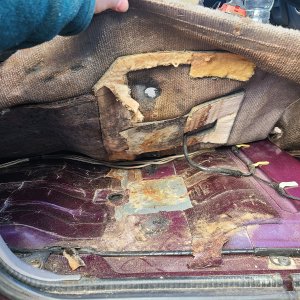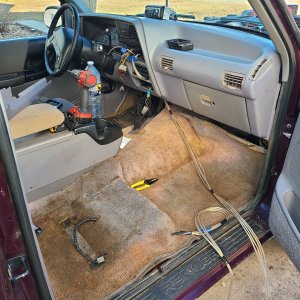ICE is a dead end issue, OHV or OHC
Like arguing which saddle and harness is better

Nope. We're going to go down this EV path a ways, only to find out that while you can make a really nice EV, you can't make an automotive transportation system that uses EV's. At least not one anything like what we have now. First, the refueling time issue is not a problem that technology can solve, it is inherent in the process of transferring energy into some chunk of matter so you can carry it around with you. The equation for electrical energy is V*A*Time. It's a lot of energy, and you cannot increase V or A without incurring a lot of losses, so you're stuck with a lot of time. Liquid fossil fuels are matter that the energy got stored in millions of years ago, so that doesn't have to happen now.
Second, our electricity comes primarily from fossil fuels, much of it coal. Nasty, brown lignite coal, one step above dirt, is all we have left.
Third, the electric grid is not capable of transferring all the energy that presently runs our automotive transportation system. Managers, propagandists and other idiots will show you calculations that show how much "waste" there is, how much unused capacity, but pushing an old system to an ever higher percentage of it's capacity for an ever greater amount of time leads to something called "catastrophic failure". My carer has been designing equipment for the "Smart Grid". The Smart Grid = we need much more capacity in generation, transmission and distribution, but we can't afford that so we'll overlay a high speed communication network so we can push the old pig harder.
Once the present oil glut is used up and the tight oil companies have gone under, or even if they're propped up more, fuel will get increasingly expensive. EV's are not going to save our bacon.


